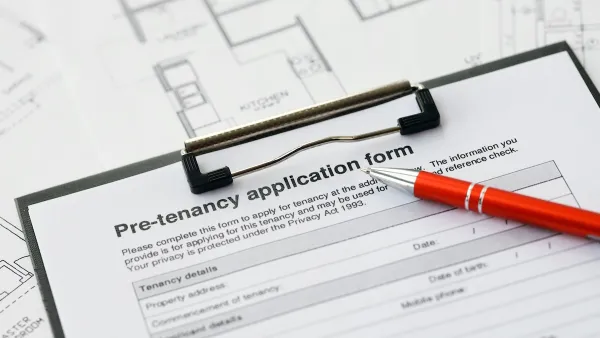To connect with hard-to-reach communities, a Twin Cities agency diverted some of its consulting budget away from national firms and to organizations that already had those relationships.
Local government agencies often say they find it difficult to identify and reach marginalized populations and gain their trust or time to contribute to a planning process. During a typical municipal planning process, those agencies often hire an outside consultant to conduct community outreach and incorporate that feedback in a final report.
However, consultants from outside of the community tend to lack the historical context of the area as well as the kinds of relationships that are only built with trust. As a result, relying on them risks eliminating the perspective of a broad subset of community members, often people of color. Without the expertise and true lived experience of all residents informing the outcomes, plans are often based on skewed narratives that in turn accelerate inequitable housing practices.
Over the last seven years, the cities of Minneapolis and St. Paul learned firsthand that engaging communities most affected by fair housing proposals early in the planning process is a necessity—and they developed a way to go about doing it better.
Ringing the Alarm
Entities that receive federal funding from the U.S. Department of Housing and Urban Development (HUD) are required to ...
FULL STORY: Contracting with the Community

Planetizen Federal Action Tracker
A weekly monitor of how Trump’s orders and actions are impacting planners and planning in America.

Maui's Vacation Rental Debate Turns Ugly
Verbal attacks, misinformation campaigns and fistfights plague a high-stakes debate to convert thousands of vacation rentals into long-term housing.

Restaurant Patios Were a Pandemic Win — Why Were They so Hard to Keep?
Social distancing requirements and changes in travel patterns prompted cities to pilot new uses for street and sidewalk space. Then it got complicated.

In California Battle of Housing vs. Environment, Housing Just Won
A new state law significantly limits the power of CEQA, an environmental review law that served as a powerful tool for blocking new development.

Boulder Eliminates Parking Minimums Citywide
Officials estimate the cost of building a single underground parking space at up to $100,000.

Orange County, Florida Adopts Largest US “Sprawl Repair” Code
The ‘Orange Code’ seeks to rectify decades of sprawl-inducing, car-oriented development.
Urban Design for Planners 1: Software Tools
This six-course series explores essential urban design concepts using open source software and equips planners with the tools they need to participate fully in the urban design process.
Planning for Universal Design
Learn the tools for implementing Universal Design in planning regulations.
Heyer Gruel & Associates PA
JM Goldson LLC
Custer County Colorado
City of Camden Redevelopment Agency
City of Astoria
Transportation Research & Education Center (TREC) at Portland State University
Jefferson Parish Government
Camden Redevelopment Agency
City of Claremont





























